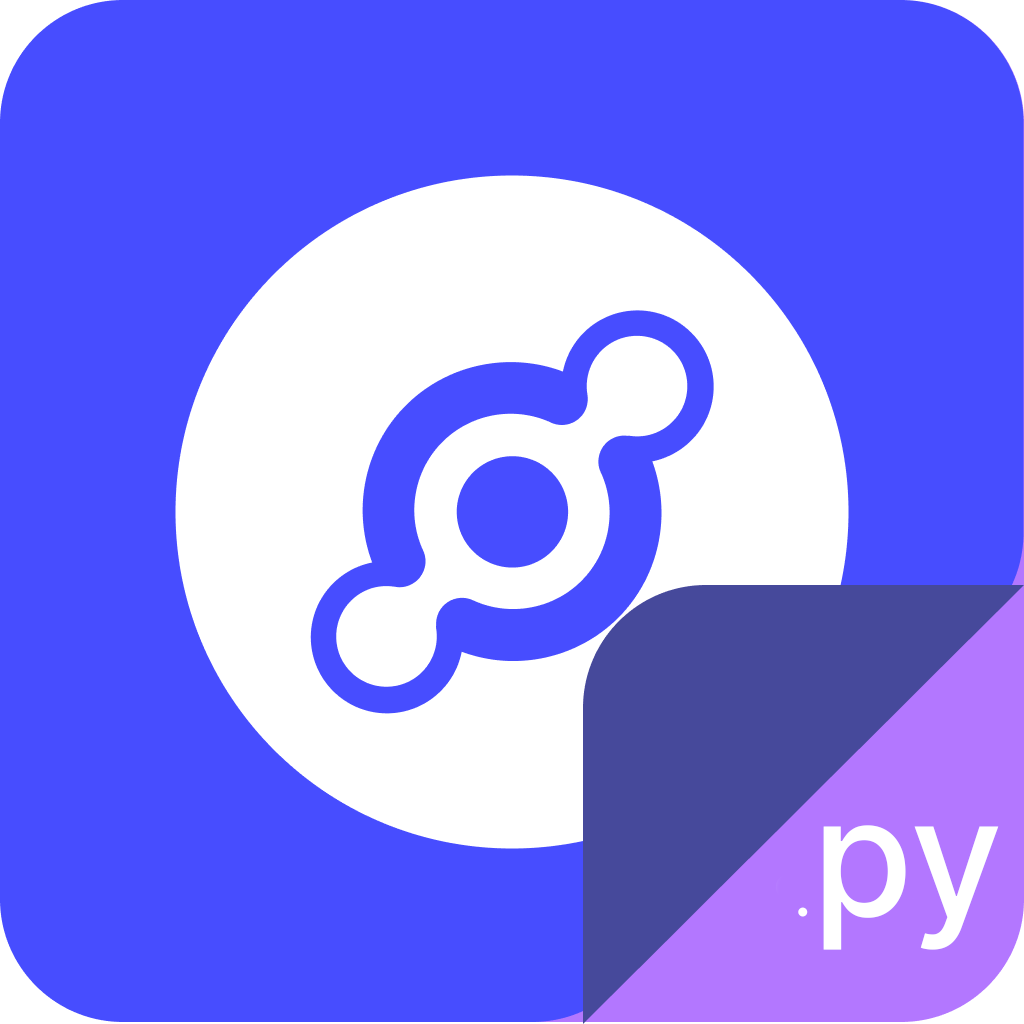helium_py.proto.GatewayConfigRespV1¶
- class helium_py.proto.GatewayConfigRespV1(result: List[ForwardRef('BlockchainVarV1')] = <object object at 0x7fdce1e05210>)[source]¶
Bases:
Message- __init__(result: ~typing.List[~helium_py.proto.BlockchainVarV1] = <object object>) None¶
Methods
FromString(data)Parse the binary encoded Protobuf into this message instance.
Get the binary encoded Protobuf representation of this message instance.
__init__([result])from_dict(value)Parse the key/value pairs into the current message instance.
from_json(value)A helper function to return the message instance from its JSON representation.
parse(data)Parse the binary encoded Protobuf into this message instance.
to_dict([casing, include_default_values])Returns a JSON serializable dict representation of this object.
to_json([indent])A helper function to parse the message instance into its JSON representation.
Attributes
result- classmethod FromString(data: bytes) T¶
Parse the binary encoded Protobuf into this message instance. This returns the instance itself and is therefore assignable and chainable.
Note
This is a method for compatibility with other libraries, you should really use
parse().- data:
bytes The data to parse the protobuf from.
MessageThe initialized message.
- data:
- SerializeToString() bytes¶
Get the binary encoded Protobuf representation of this message instance.
Note
This is a method for compatibility with other libraries, you should really use
bytes(x).bytesThe binary encoded Protobuf representation of this message instance
- from_dict(value: Dict[str, Any]) T¶
Parse the key/value pairs into the current message instance. This returns the instance itself and is therefore assignable and chainable.
- value: Dict[
str, Any] The dictionary to parse from.
MessageThe initialized message.
- value: Dict[
- from_json(value: Union[str, bytes]) T¶
A helper function to return the message instance from its JSON representation. This returns the instance itself and is therefore assignable and chainable.
This is equivalent to:
return message.from_dict(json.loads(value))
- value: Union[
str,bytes] The value to pass to
json.loads().
MessageThe initialized message.
- value: Union[
- parse(data: bytes) T¶
Parse the binary encoded Protobuf into this message instance. This returns the instance itself and is therefore assignable and chainable.
- data:
bytes The data to parse the protobuf from.
MessageThe initialized message.
- data:
- to_dict(casing: ~betterproto.Casing = <function camel_case>, include_default_values: bool = False) Dict[str, Any]¶
Returns a JSON serializable dict representation of this object.
- casing:
Casing The casing to use for key values. Default is
Casing.CAMELfor compatibility purposes.- include_default_values:
bool If
Truewill include the default values of fields. Default isFalse. E.g. anint32field will be included with a value of0if this is set toTrue, otherwise this would be ignored.
- Dict[
str, Any] The JSON serializable dict representation of this object.
- casing:
- to_json(indent: Union[None, int, str] = None) str¶
A helper function to parse the message instance into its JSON representation.
This is equivalent to:
json.dumps(message.to_dict(), indent=indent)
- indent: Optional[Union[
int,str]] The indent to pass to
json.dumps().
strThe JSON representation of the message.
- indent: Optional[Union[
